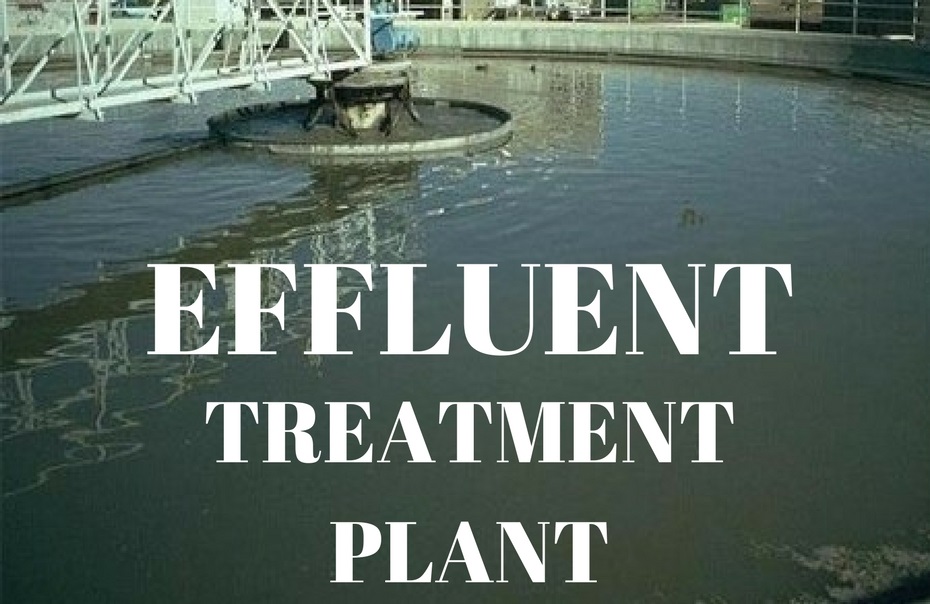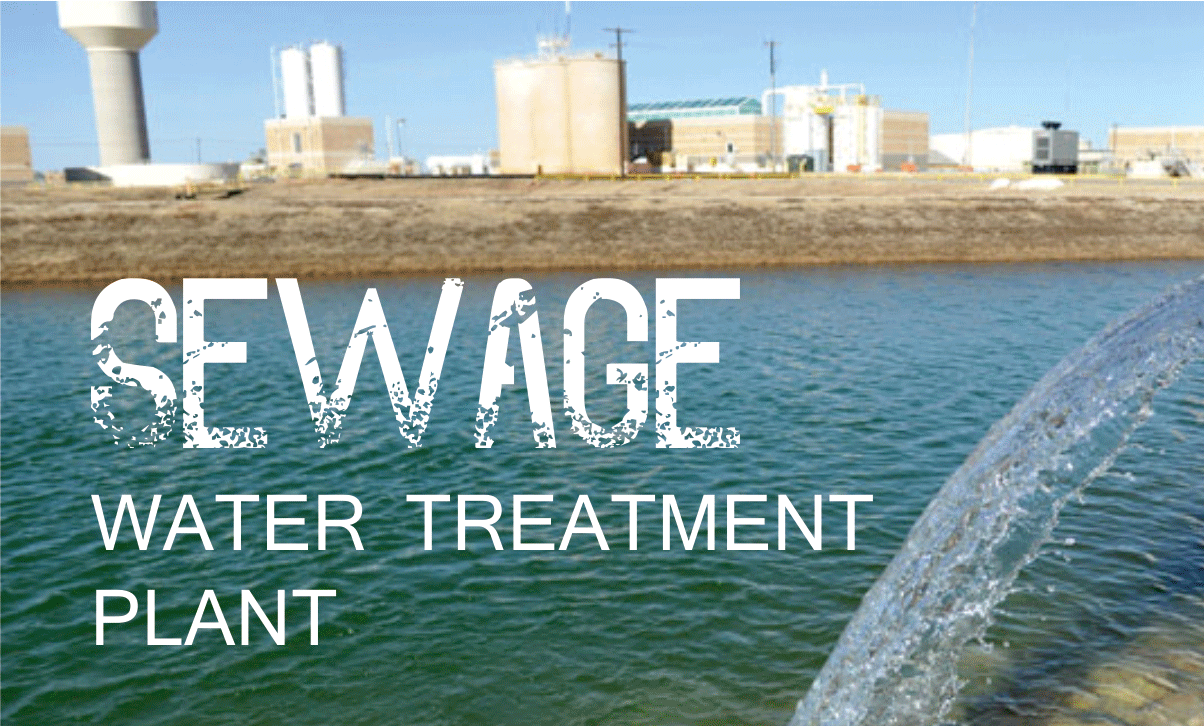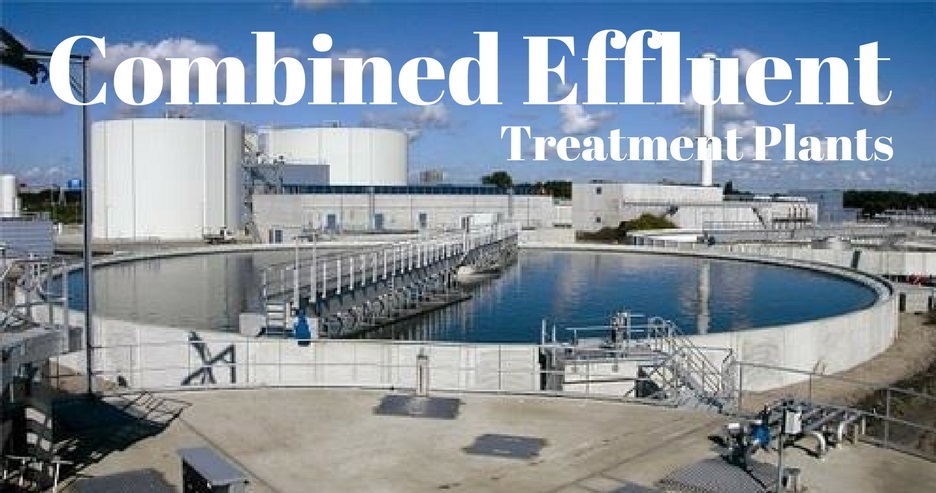Wastewater treatment is the way toward treating and recycling sewage water for re-utilize. Untreated water contains a high state of defilement, dirt and bacterial components that can damage or pollute reserves. The world is as of now confronting a shortage of fresh drinking water reserves and in this manner, the untreated should be dealt with in order to make it reusable.
This is a procedure wherein the pollutants are expelled from household and wastewater sewage, to create the solid waste or waste stream reasonable for reuse or discharge. Wastewater treatment strategies are arranged into three subdivisions: biological, chemical, and physical.
Kinds of Wastewater Treatment Processes:
- Effluent Treatment Plants
- Sewage Treatment Plants
- Common and Combined Effluent Treatment Plants
Effluent Treatment Plants

Effluent Treatment Plants (ETP) are mostly used by big pharmaceutical and industrial organizations. Effluent Treatment Plants are all the more synthetically engaged. Since these organizations work in industries that create chemical spillover, an ETP will likely cleanse water to help ensure the environment. These facilities utilize evaporation and other drying techniques and additionally microscopic filtration to spur the chemical processing.
Sewage Treatment Plants

Sewage treatment is known to be the process in which contaminants from wastewater and household sewage, both spillage effluents and domestic, are expelled on a large scale. It incorporates physical, chemical, and biological procedures to evacuate physical, chemical, and biological contaminants. Its goal is to create a waste stream or treated profluent and a solid waste, etc, appropriate for release or reuse. This material is frequently coincidentally debased with numerous poisonous natural and inorganic mixes.
Pre-treatment evacuates materials that are accumulated from the raw wastewater in order to prevent damage or clogging of pumps and pipes. The influent sewage water is filtered to expel every single substantial object conveyed in the sewage stream. In present-day plants serving extensive populations, this is most likely done with an automated mechanically rounded bar screen; on the other hand, in smaller or less modern plants, a manually cleaned screen might be utilized.
The solids are gathered and later arranged in a landfill or burned. Pre-treatment may incorporate Grit evacuation in which a sand or coarseness channel or chamber is used where the speed of the approaching wastewater is deliberately controlled to permit sand, grit, and stones to settle.
Common and Combined Effluent Treatment Plants

Small-scale industries might not have sufficient energy, space, or funds to set up treatment frameworks of their own, so they depend on a consolidated networking system arrangement of plants to help eliminate wastewater. In industrial centers that make a pocket of contamination, combined effluent treatment plants are frequently introduced, in order to battle the reach of these organizations’ belongings.
Your septic tank isn’t only a basic tool for keeping your home clean, it is additionally imperative in ecological protection. A consistent cleaning out of your channels and depletes is one approach to keep squander from clogging up your septic tank.
Have a look at our range of products and get in touch with us at +91-9558996411 / +91-9099915539
Or email us at: Info@cleantechwater.co.in for a Quote.
You might also want to check our related posts:

